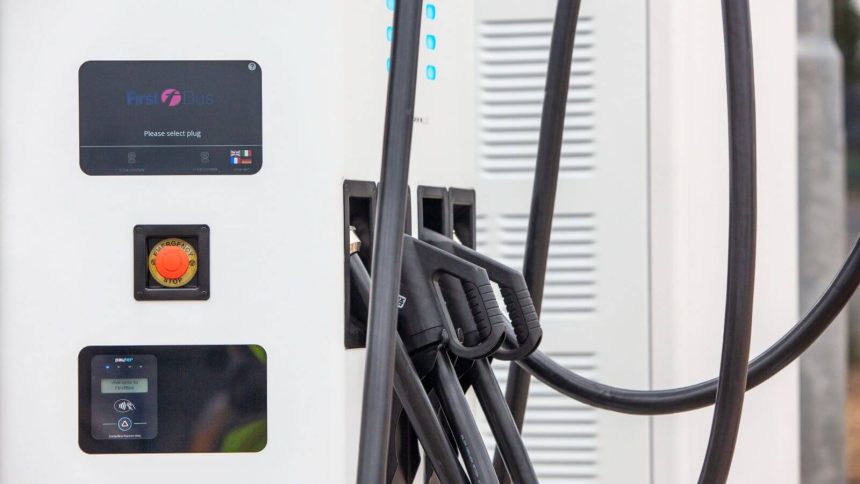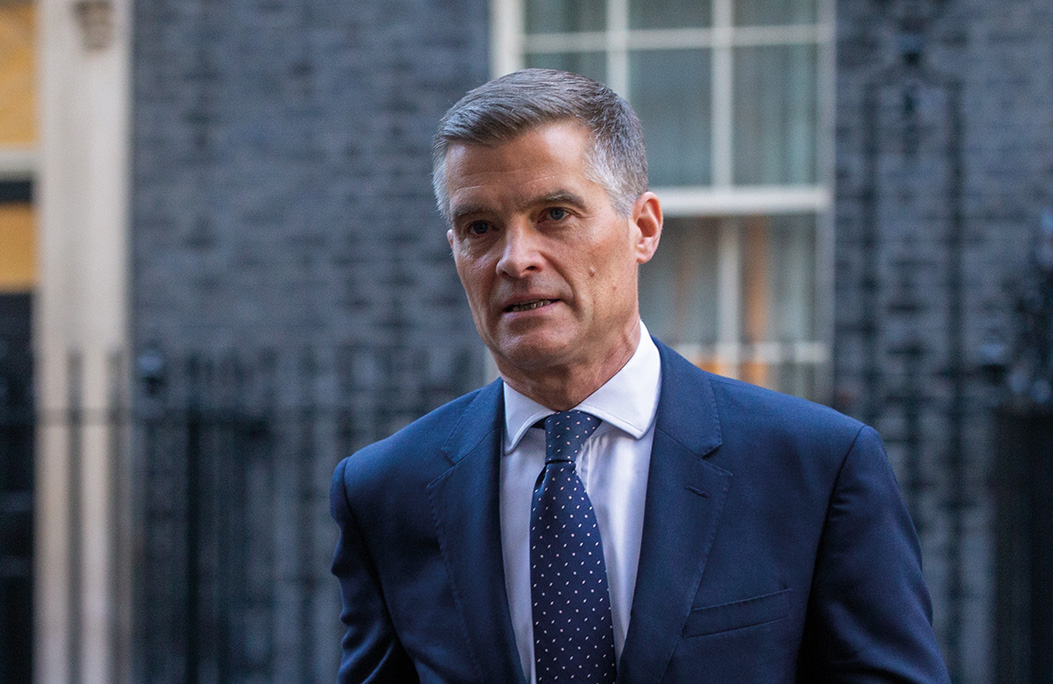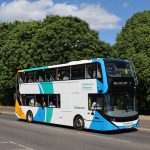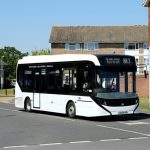Operators and local authorities have detailed how they will use the £143 million in Zero Emission Bus Regional Areas scheme (ZEBRA2) funding which was announced earlier today.
A total of 955 buses will be part-funded after 25 successful single or joint bids from local authorities were named. The first £40 million will be prioritised for local authorities defined as “rural” *.
Stagecoach, which welcomed Transport Secretary Mark Harper to its Cheltenham depot as he publicised the second-round ZEBRA funding allocations, is involved in 11 new projects deploying 367 electric buses.
Sam Greer, Stagecoach Chief Operating Officer, says: “We welcome this allocation of funding to local authorities for investment in new zero-emission buses. This support gives renewed confidence to the whole supply chain and will unlock significant private sector investment into new, clean vehicles.
“This is a really positive step forward in helping to reduce carbon emissions and deliver cleaner air, building on the funding already made available to support bus services in England through the £2 fare cap. We look forward to working with our local authority partners to deliver our shared ambitions for thriving bus services that support local communities.”
Devon is among nine rural local authorities that were successful, thanks to co-operation with Stagecoach. The 41 new buses will be serve in Exeter and out of Barnstaple.
Rural areas will be well served by new zero-emission buses in and near the Peak District, courtesy of Stagecoach’s link-up with Derbyshire County Council. The 39 double-deckers and 18 singe-deckers will operate from the Chesterfield depot.
Liverpool City Region has revealed that the 58 Stagecoach new buses destined for its area will serve the 17, 19, 14 and 20/21 bus routes between Kirkby, Tower Hill, Northwood and Liverpool city centre.
Go-Ahead and its subsidiaries will add 201 zero-emission buses via ZEBRA2. The operator will contribute £62 million, adding to the £44 million from government and £6 million from local authorities.
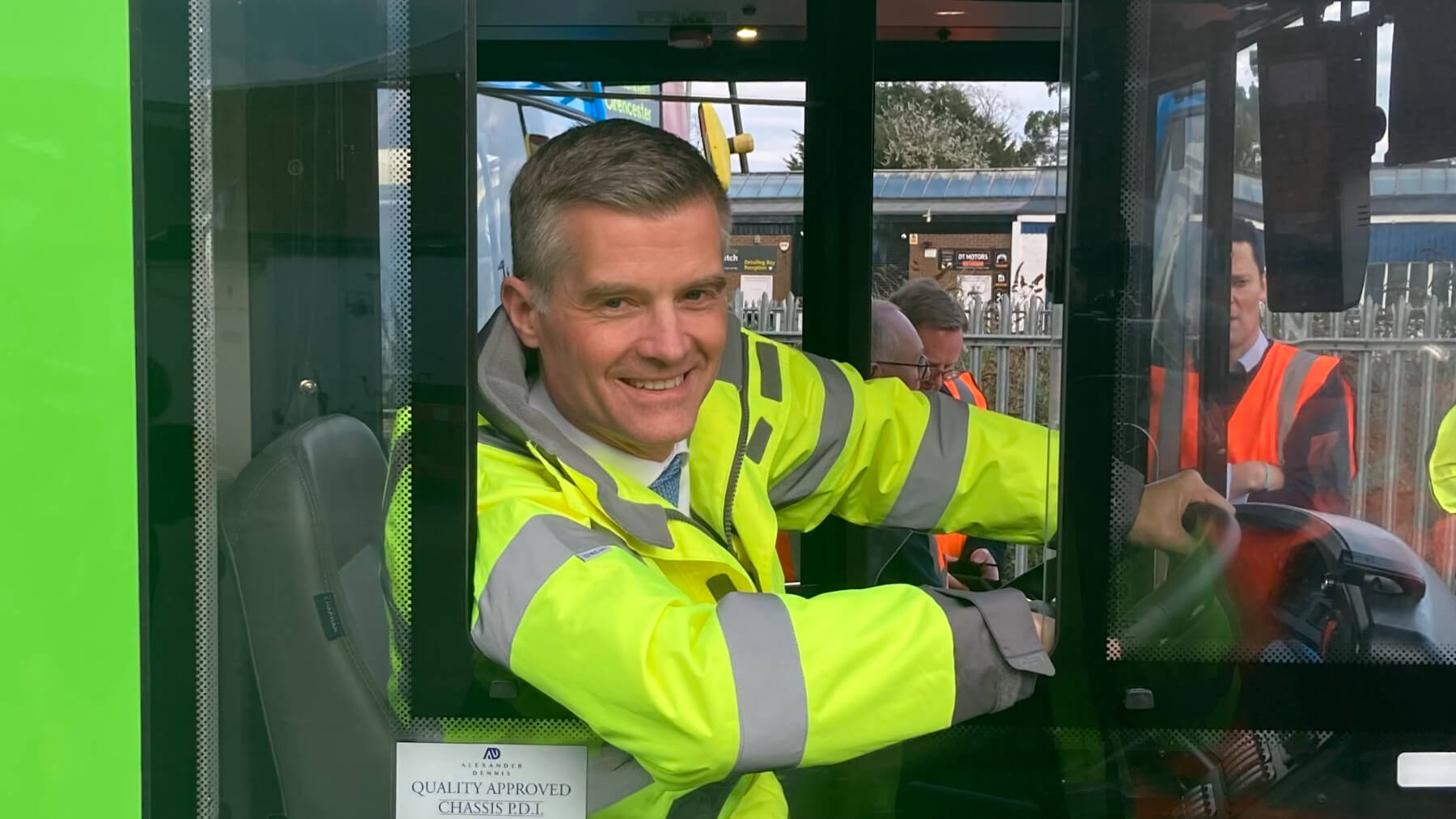
Go South West’s Plymouth CityBus, and Go Cornwall Bus operators will share 50 buses thanks to £28.5 million of investment. Further along the coast, Southern Vectis and Salisbury Reds will add 45 zero-emission buses to their fleets. The operator’s Metrobus will fleet in Crawley will be boosted by 43 vehicles, while 16 will go to Brighton & Hove Buses. Newly acquired Pulham’s Coaches will receive 15 buses at its Bourton-on-the-Water depot. Thanks to a joint bid between Hull City and East Riding of Yorkshire Council, East Yorkshire Buses will introduce 21 zero-emission buses.
First Bus will make an £89 million investment in 178 zero-emission buses in four regions. That follows four winning bids worth £16 million of government funding.
First’s Hengrove depot will receive 67 double-deckers and 7 single-deckers in partnership with West of England Combined Authority. Essex County’s Council’s bid will lead to 31 single-decker and 24 double-deckers for First in Basildon. The operator will purchase 13 single-deckers and 12 double-deckers in Taunton as part of a link-up with Somerset County Council. Meanwhile, North Somerset Council’s success means First will buy 24 double-deckers for Weston-super-Mare.
Arriva will purchase 72 new electric buses, via bids worked up with Leicestershire County Council (Leicester), Staffordshire County Council (Tamworth), Transport North East (Durham) and Tees Valley Combined Authority (for both Redcar and Darlington).
The 25 double-deckers for Leicester will be added to the 24 which Arriva expects to be operational by May. The £8.1 million allocation for Leicestershire is among the largest and also involves Kinchbus.
Diamond Bus in Burton was also involved in Staffordshire’s ZEBRA 2 bid.
* Rural areas were defined using the government’s “Rural Urban Classification and Rural Urban Classification 2011 lookup tables for local authorities areas”.
Click here for the full itemisation of allocations by local authority.




















